All Stories
-
 Genetics
GeneticsFive mutations could make bird flu spread easily
Handful of alterations can turn H5N1 bird flu into virus that infects ferrets through the air.
-
 Cosmology
CosmologyGalaxy’s gamma-ray glow may expose dark matter
An excess of gamma rays at the center of the Milky Way could be a signature of dark matter.
By Andrew Grant -
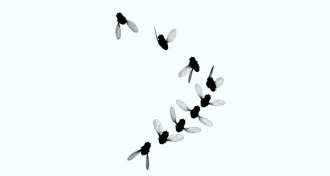 Life
LifeIn a crisis, fruit flies do stunt turns
An elaborate monitoring system reveals that fruit flies can execute sophisticated flying maneuvers in the face of danger.
By Susan Milius -
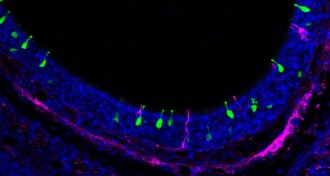 Neuroscience
NeuroscienceSmell wiring gets set early
Mess with a baby mouse’s olfaction for too long and neurons never recover.
-
 Quantum Physics
Quantum PhysicsRobert Redford film foretold Shor’s quantum computing bombshell
Twenty years ago, Peter Shor showed how quantum computers could break secret codes, turning the movie Sneakers from fiction to fact.
-
 Earth
EarthHuge space rock rattled Earth 3 billion years ago
An asteroid almost as wide as Rhode Island may have plowed into Earth 3.26 billion years ago, leaving its mark in South Africa’s Barberton greenstone belt.
-
 Computing
ComputingApp could cut jet lag short
A new app calculates lighting schedules to help travelers adjust quickly to new time zones.
By Meghan Rosen -
 Astronomy
AstronomyNeutrinos from space rain down from all directions
Using Earth as a filter, scientists detect thousands of neutrinos from beyond the solar system.
By Andrew Grant -
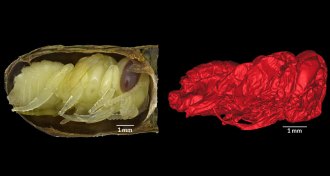 Paleontology
PaleontologyLa Brea Tar Pits yield exquisite Ice Age bees
Ancient bee pupae snug in leafy nest give clues to Pleistocene climate.
By Susan Milius -
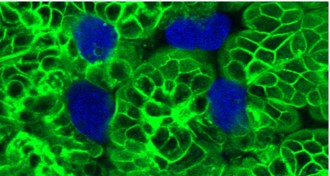 Life
LifeAmoebas’ munching may cause diarrheal disease
Amoebas biting and swallowing pieces of human cells may be what causes amebic dysentery, a potentially fatal diarrheal disease in the developing world.
-
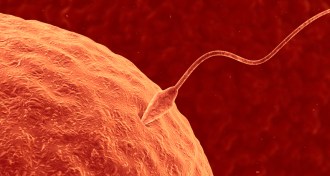 Life
LifeMales compete all the way to sperm shape
An association between the ratio of certain proteins in mouse sperm and sexual competition raises many questions about what exactly gives a sperm a good head.
-
 Quantum Physics
Quantum PhysicsSmall step taken for quantum communication
A single atom can change the state of a photon, which may help build quantum networks.